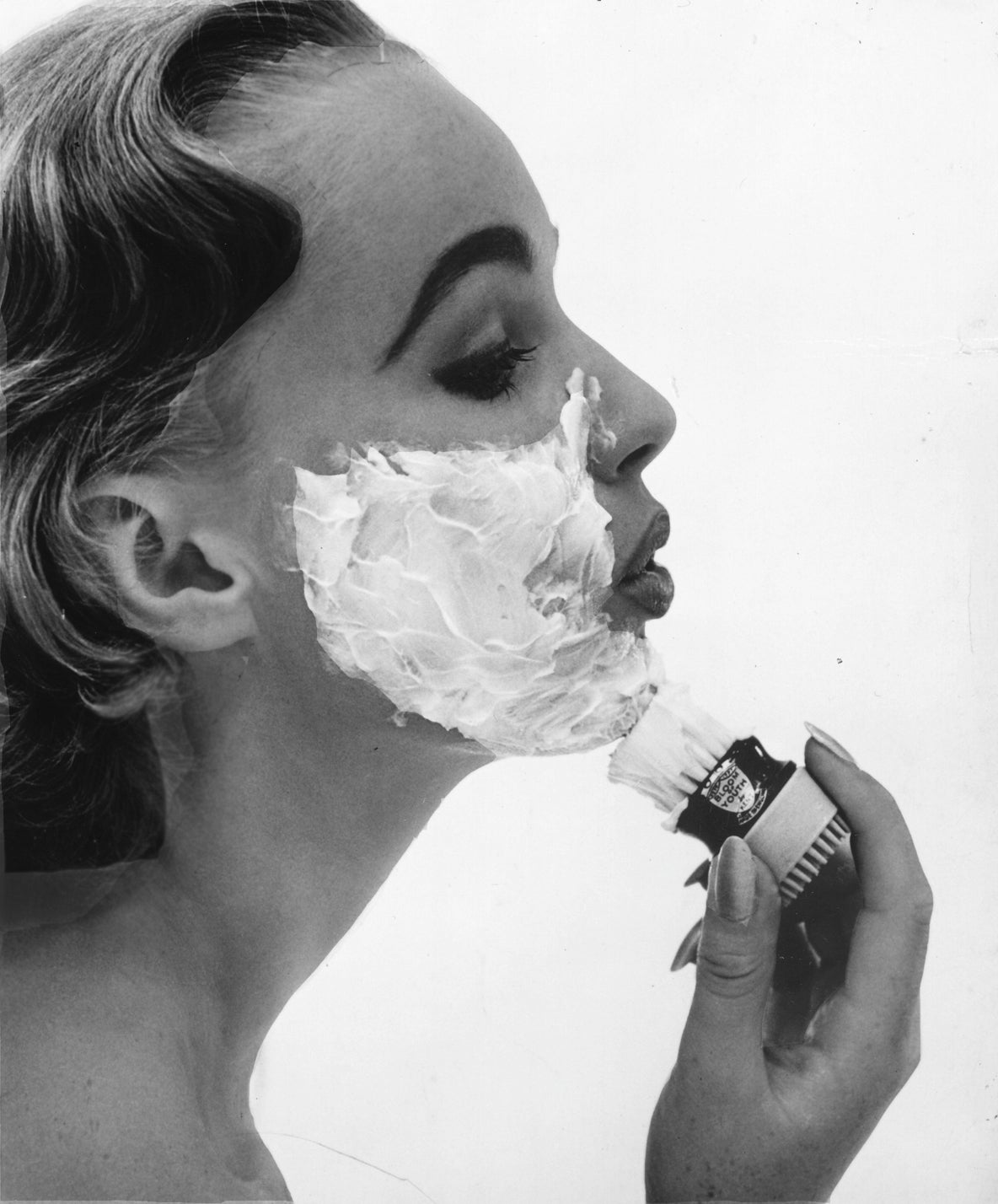
The history of shaving dates back over 100,000 years when cave men would rid themselves of unwanted facial hair to prevent the early onset of frostbite caused by a wet beard. Over the years, facial hair has been praised and criticized—sometimes seen as a sign of low class during times when being clean-shaven was an act of godliness, and other times, like now, when bearded men—lumbersexuals— are sex symbols (yes, we’re looking at you, Drake!)
RELATED: What Age is Too Young to Shave?
However, in the realm of hair, women are generally only praised for having hair on their heads. Mustaches, underarms and hair anywhere below the belt is typically seen as masculine and/or unnattractive. Of course, every few years or so, we have a feminine rebellion in which we quite literally, take back our hair and flaunt our fur for the world to see; remember this summer’s #NoShaveNoShade campaign? Whether you’re a fan of fuzz or not, it’s entirely your choice, but would you ever consider borrowing a ritual from the boys and shaving your face if it meant you would have softer, healthier skin? Before you answer, consider this:
- Technically, feminine face shaving is less about hair removal and more about the gentle exfoliation of dead skin.
- Women in Japan have been doing it for years. In fact, they have entire salons devoted to the practice of face shaving called “kao sori”
- No, your hair won’t grow back thicker. The fine hairs on your face— vellus hairs—are a different grade than the hair that grows everywhere else; texturally, they won’t change.
- You’ll be using a straight-edge facial razor; not your typical Gilette, or your man’s Harry’s .
The benefits? If getting rid of unwanted facial hair isn’t enough for you, then there’s always the skincare benefits. Facial shaving rids the face of unwanted dead skin as well as vellus hairs, which can prevent product absorption.
Would you consider shaving your face? Share your thoughts in the comments below!
